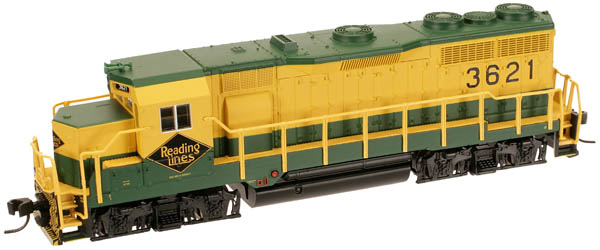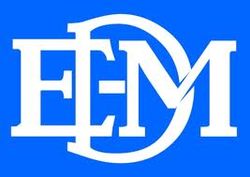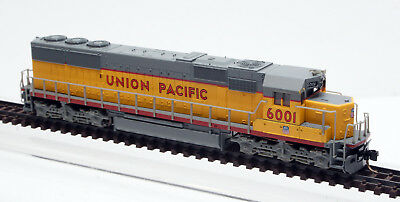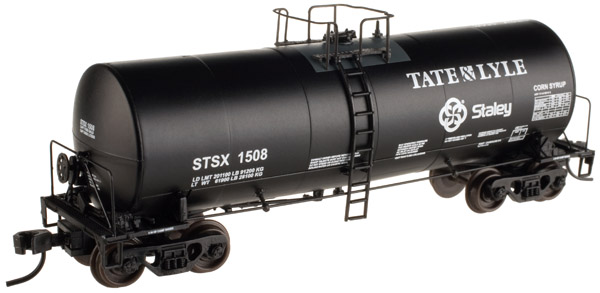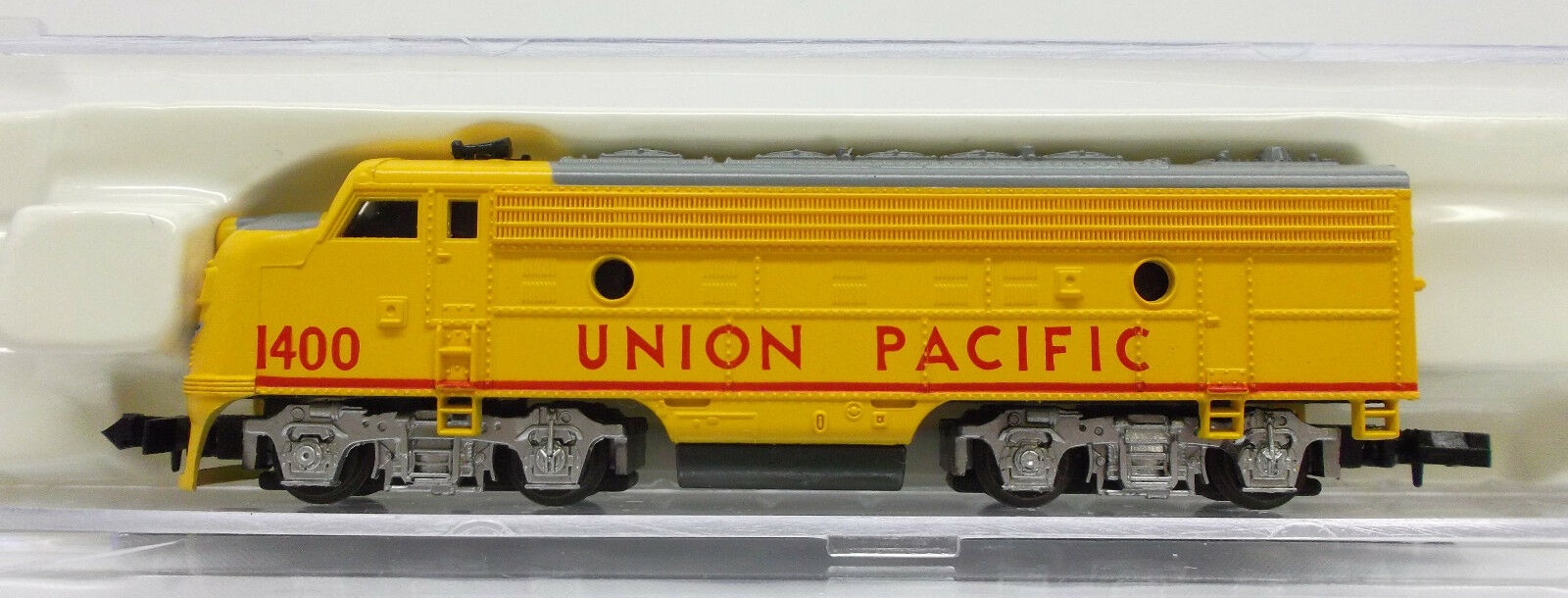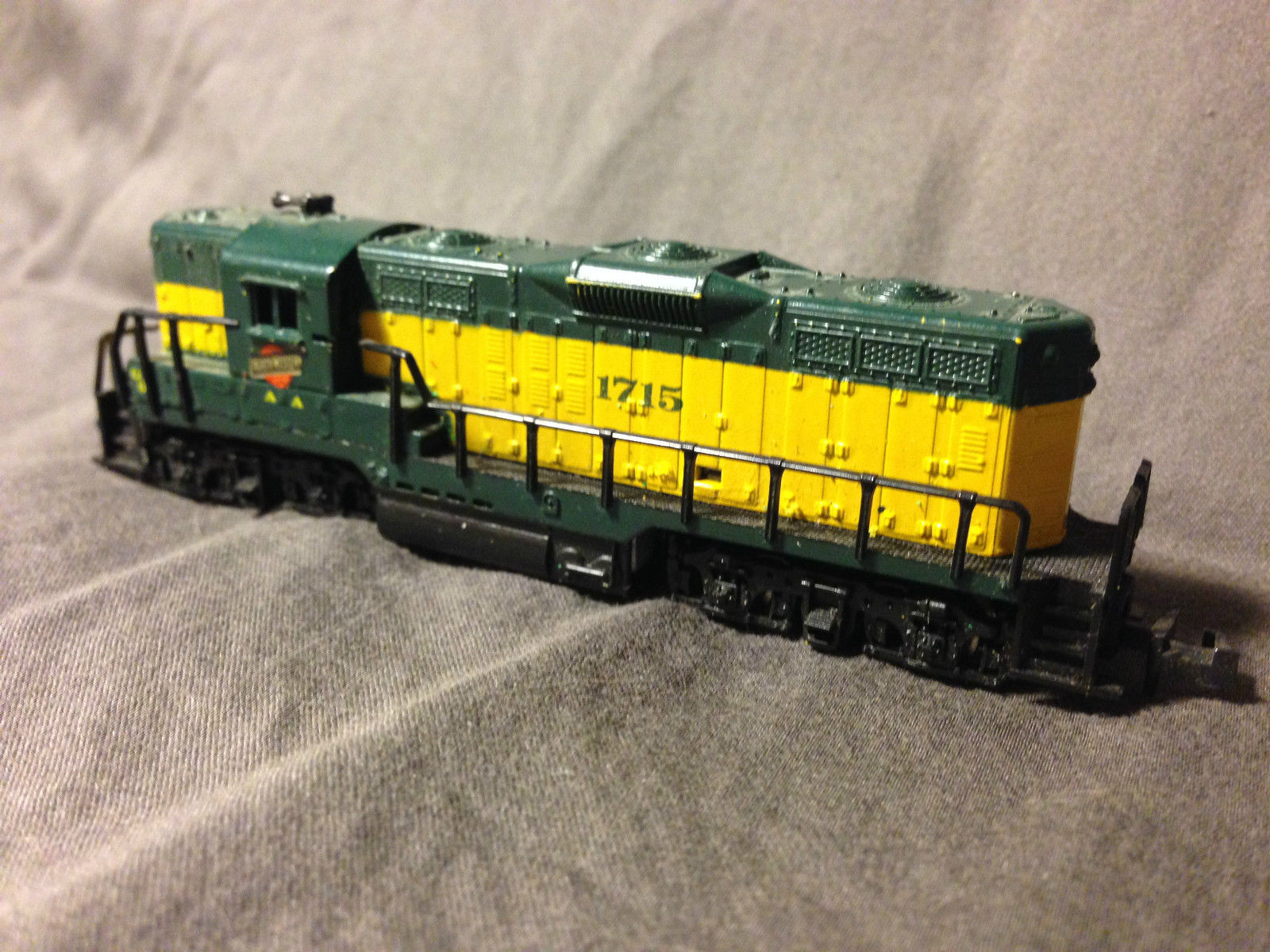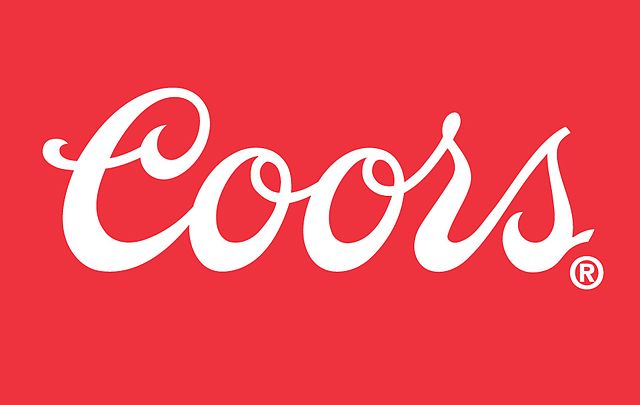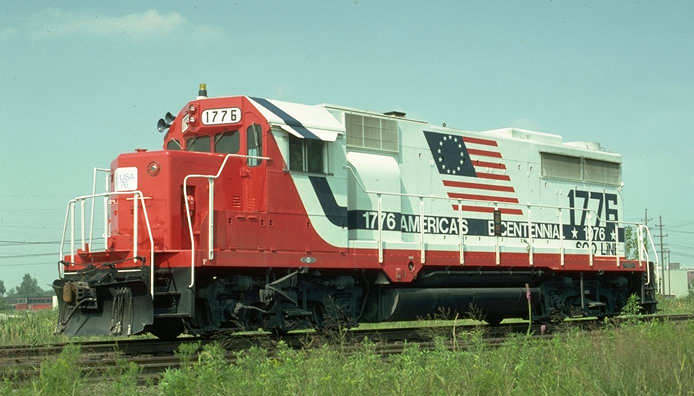Model Information: This model was first released by Atlas in 1992. The GP35 model shares the same mechanism as the GP30 model from Atlas. The early version of the GP35 was produced for Atlas by Kato in Japan. The tooling was moved to China in 1997 as the "Atlas Classic" version. It was later retooled in 2006 to support a drop in decoder.
The Kato and early Chinese models are a typical "2nd generation" semi-modern design with flywheels and a split-frame design but no support for drop-in decoders. The 2006+ models are fully modern (3rd generation) engines with drop-in decoder capability.
The Kato and early Chinese models are a typical "2nd generation" semi-modern design with flywheels and a split-frame design but no support for drop-in decoders. The 2006+ models are fully modern (3rd generation) engines with drop-in decoder capability.
DCC Information: The Kato and early Chinese "Classic" models are Friendly, and the late Chinese models are DCC-Ready and accept a 1.5 Amp N Scale Board Replacement Mobile Decoder for Atlas GP30 (DN163A4) from digitrax.com.
Prototype History: The EMD GP35 is a 4-axle diesel-electric locomotive built by General Motors Electro-Motive Division between July 1963 and December 1965 and by General Motors Diesel between May 1964 and January 1966. The locomotive's power was provided by an EMD 567D3A 16-cylinder engine which generated 2,500 horsepower (1,860 kW).
Many railroads traded in Alco and EMD F units for GP35s, reusing the trucks and traction motors. Some railroads had EMD reuse the Alco trucks on the GP35s. Notable examples include the Gulf, Mobile and Ohio Railroad, Southern Railway, and the Ann Arbor Railroad.
1251 examples of this locomotive model were built for American railroads, 26 were built for Canadian railroads and 57 were built for Mexican railroads.
From Wikipedia
Many railroads traded in Alco and EMD F units for GP35s, reusing the trucks and traction motors. Some railroads had EMD reuse the Alco trucks on the GP35s. Notable examples include the Gulf, Mobile and Ohio Railroad, Southern Railway, and the Ann Arbor Railroad.
1251 examples of this locomotive model were built for American railroads, 26 were built for Canadian railroads and 57 were built for Mexican railroads.
From Wikipedia
Road Name History: 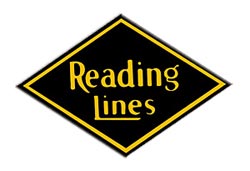 Let’s get a couple of quick clarifications out of the way first. Reading rhymes with bedding and is not “reading” a book. Second, the only “Reading Railroad” is on the Monopoly game board. Its actual name was “Reading Company” with “Reading Lines” used on logos and advertising.
Let’s get a couple of quick clarifications out of the way first. Reading rhymes with bedding and is not “reading” a book. Second, the only “Reading Railroad” is on the Monopoly game board. Its actual name was “Reading Company” with “Reading Lines” used on logos and advertising.
The Reading Company, usually called the Reading Railroad as was enshrined by the Monopoly board game, and boasting a predecessor company officially founded under the name the Philadelphia and Reading Railway Company, operated in southeast Pennsylvania and neighboring states from 1833 through 1976. Until the decline in anthracite loadings in the Coal Region after World War II, it was one of the most prosperous corporations in the United States.
Reduced coal traffic coupled with highway competition and short hauls forced it into bankruptcy in the 1970s. The railroad was merged into Conrail in 1976, but the corporation lasted into 2000, disposing of real estate holdings.

The Reading Company, usually called the Reading Railroad as was enshrined by the Monopoly board game, and boasting a predecessor company officially founded under the name the Philadelphia and Reading Railway Company, operated in southeast Pennsylvania and neighboring states from 1833 through 1976. Until the decline in anthracite loadings in the Coal Region after World War II, it was one of the most prosperous corporations in the United States.
Reduced coal traffic coupled with highway competition and short hauls forced it into bankruptcy in the 1970s. The railroad was merged into Conrail in 1976, but the corporation lasted into 2000, disposing of real estate holdings.
Brand/Importer Information: In 1924 Stephan Schaffan, Sr. founded the Atlas Tool Company in Newark, New Jersey. In 1933 his son, Stephan Schaffan, Jr., came to work for his father at the age of sixteen. Steve Jr. built model airplanes as a hobby and frequented a local hobby shop. Being an enterprising young man, he would often ask the owner if there was anything he could do to earn some extra spending money. Tired of listening to his requests, the hobby-store owner threw some model railroad track parts his way and said, "Here, see if you can improve on this".
In those days, railroad modelers had to assemble and build everything from scratch. Steve Jr. created a "switch kit" which sold so well, that the entire family worked on them in the basement at night, while doing business as usual in the machine shop during the day.
Subsequently, Steve Jr. engineered the stapling of rail to fiber track, along with inventing the first practical rail joiner and pre-assembled turnouts and flexible track. All of these products, and more, helped to popularize model railroading and assisted in the creation of a mass-market hobby. The budding entrepreneur quickly outgrew the limitations of a basement and small garage operation. Realizing they could actually make a living selling track and related products, Steve and his father had the first factory built in Hillside, New Jersey at 413 Florence Avenue in 1947. On September 30, 1949, the Atlas Tool Company was officially incorporated as a New Jersey company.
In 1985, Steve was honored posthumously for his inventions by the Model Railroad Industry Association and was inducted into the Model Railroad Industry Hall of Fame in Baltimore, Maryland. In addition, Steve was nominated and entered into the National Model Railroad Association Pioneers of Model Railroading in 1995.
In the early 1990s, the Atlas Tool Company changed its name to Atlas Model Railroad Company, Inc.
In those days, railroad modelers had to assemble and build everything from scratch. Steve Jr. created a "switch kit" which sold so well, that the entire family worked on them in the basement at night, while doing business as usual in the machine shop during the day.
Subsequently, Steve Jr. engineered the stapling of rail to fiber track, along with inventing the first practical rail joiner and pre-assembled turnouts and flexible track. All of these products, and more, helped to popularize model railroading and assisted in the creation of a mass-market hobby. The budding entrepreneur quickly outgrew the limitations of a basement and small garage operation. Realizing they could actually make a living selling track and related products, Steve and his father had the first factory built in Hillside, New Jersey at 413 Florence Avenue in 1947. On September 30, 1949, the Atlas Tool Company was officially incorporated as a New Jersey company.
In 1985, Steve was honored posthumously for his inventions by the Model Railroad Industry Association and was inducted into the Model Railroad Industry Hall of Fame in Baltimore, Maryland. In addition, Steve was nominated and entered into the National Model Railroad Association Pioneers of Model Railroading in 1995.
In the early 1990s, the Atlas Tool Company changed its name to Atlas Model Railroad Company, Inc.
Item created by: Steve German on 2016-04-20 19:45:27. Last edited by CNW400 on 2020-08-27 10:30:07
If you see errors or missing data in this entry, please feel free to log in and edit it. Anyone with a Gmail account can log in instantly.
If you see errors or missing data in this entry, please feel free to log in and edit it. Anyone with a Gmail account can log in instantly.


